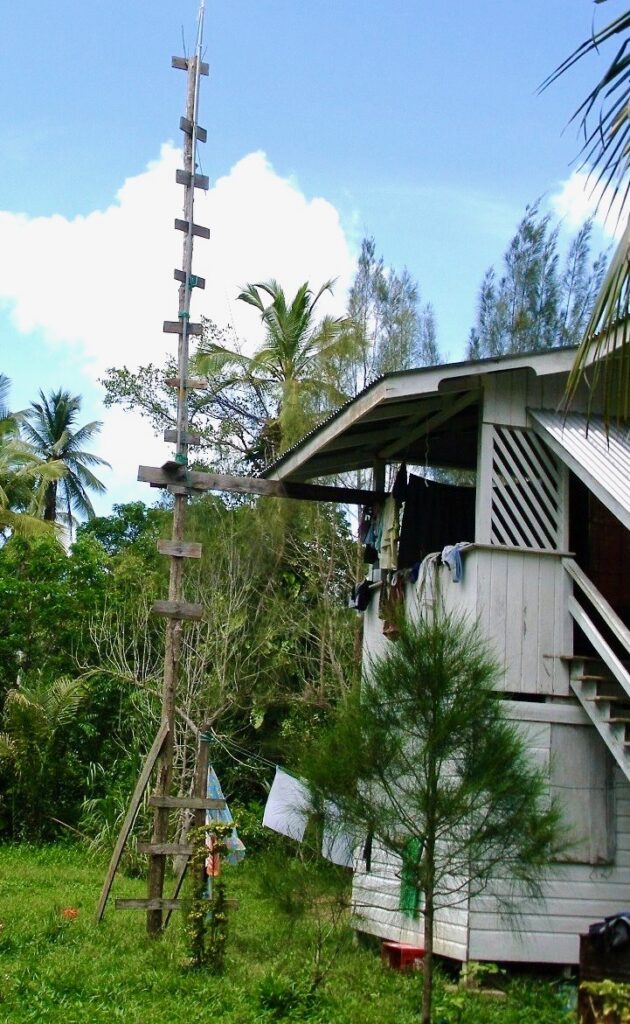My novel Sylvie Denied is set at a pivotal moment when lively discourses occurred on still unsettled issues — the war machine, women’s rights, racial oppression, environmental pollution and incivility. Why has the needle budged so little? The lack of media literacy. The culprit is that our news system is based on corporate commercial funding.
When Television went on air after World War Two, programs in the 1950s were supported by individual sponsors as radio had been since the 1920s. Citizens had lobbied Congress to regulate radio commercials and lobbied them again to regulate TV. Congress responded both times. TV news regulation was a series of laws collectively known as the fairness doctrine. Far-right Republicans objected to the regulations and launched a campaign accusing broadcasting — without any actual research — of being liberal. A charge that has persisted. Without evidence.
As the Vietnam war ended and viewers no longer sought the latest updates, newscasts found other ways to attract them. Enter hyper-sensationalism and “happy talk” which marketed its newscasters as visiting friends. And, frankly, it was weird seeing them smile right before and after reporting stories involving tragic death.
There’s rising concern throughout the world about media literacy, partly because of misinformation and propaganda on social media. The BBC instituted a “disinformation unit” to fact-checks stories. Bulgaria produces a European Media Literacy Index that ranks Finland, Denmark, Estonia, Sweden and Ireland as the five most media literate among thirty-five countries, based on a number of measures. In Media Literacy Now’s index of forty-five countries ranks the US #15, behind Canada (#4) and the UK (#12). They also found the US #23 in press freedom, #478 in math literacy, #502 in science literacy. Such low scores in math and science literacy confirm my suspicion that U.S. journalists aren’t asking hard questions about science information and don’t know how to interpret statistics. One of the most worrisome measures, the US is high (#5) in “trust in others” suggesting that we might too easily accept sources’ statements. If the public learned to factor in the money exchange that influences news content, media outlets would have to be more careful in their reporting.

I’ve experienced these developments as somewhat of a participant as well as a scholarly observer and taught about it for twenty years. Many of my students said they wished they’d learned in grade school how story-telling techniques and marketing influences how we see reality. Others said they’d shared something they’d learned in my classes with their parents who replied, “Sounds like she’s a Communist.”
Educators are getting the message that media literacy needs to start in grade school. According to a Media Literacy Now report, one state requires media literacy in high school, eight states have added it to their curricula and three have written new standards. I hope the results are worth the wait.
How can we ever know what’s really happening in the world?
My novel Sylvie Denied is set at a pivotal moment when lively discourses occurred on still unsettled issues — the war machine, women’s rights, racial oppression, environmental pollution and incivility. Why has the needle budged so little? The lack of media literacy. The culprit is that our news system is based on corporate commercial funding.
Television arose just after World War Two and an exhausted population just wanted to relax and have fun. TV programs in the 1950s were supported by individual sponsors as radio had done since the 1920s. Citizens lobbied Congress to regulate radio commercials and later to regulate TV and Congress responded both times. TV news regulation was a series of laws collectively known as the fairness doctrine. Far-right Republicans objected to the regulations and the became particularly politicized during the 1960s.
As the Vietnam war ended and viewers no longer sought the latest updates, newscasts found other ways to attract them. Enter hyper-sensationalism and “happy talk” which marketed its newscasters as visiting friends. And, frankly, it was weird seeing them smile right before and after reporting stories involving tragic death.
There’s rising concern throughout the world about media literacy, partly because of misinformation and propaganda on social media. The BBC instituted a “disinformation unit” to fact-checks stories. Bulgaria produces a European Media Literacy Index that ranks Finland, Denmark, Estonia, Sweden and Ireland as the five most media literate among thirty-five countries, based on a number of measures. In Media Literacy Now’s index of forty-five countries ranks the US #15, behind Canada (#4) and the UK (#12). They also found the US #23 in press freedom, #478 in math literacy, #502 in science literacy. Such low scores in math and science literacy confirm my suspicion that U.S. journalists aren’t asking hard questions about science information and don’t know how to interpret statistics. One of the most worrisome measures, the US is high (#5) in “trust in others” suggesting that we might too easily accept sources’ statements. If the public learned to factor in the money exchange that influences news content, media outlets would have to be more careful in their reporting.
I’ve experienced these developments as somewhat of a participant as well as a scholarly observer and taught about it for twenty years. Many of my students said they wished they’d learned in grade school how story-telling techniques and marketing influences how we see reality. Others said they’d shared something they’d learned in my classes with their parents who replied, “Sounds like she’s a Communist.”
Educators are getting the message that media literacy needs to start in grade school. According to a Media Literacy Now report, one state requires media literacy in high school, eight states have added it to their curricula and three have written new standards. I expect the results to be worth the wait.

Have you read SYLVIE DENIED yet? I invite you to grab your copy, and please leave an honest review when you do.
